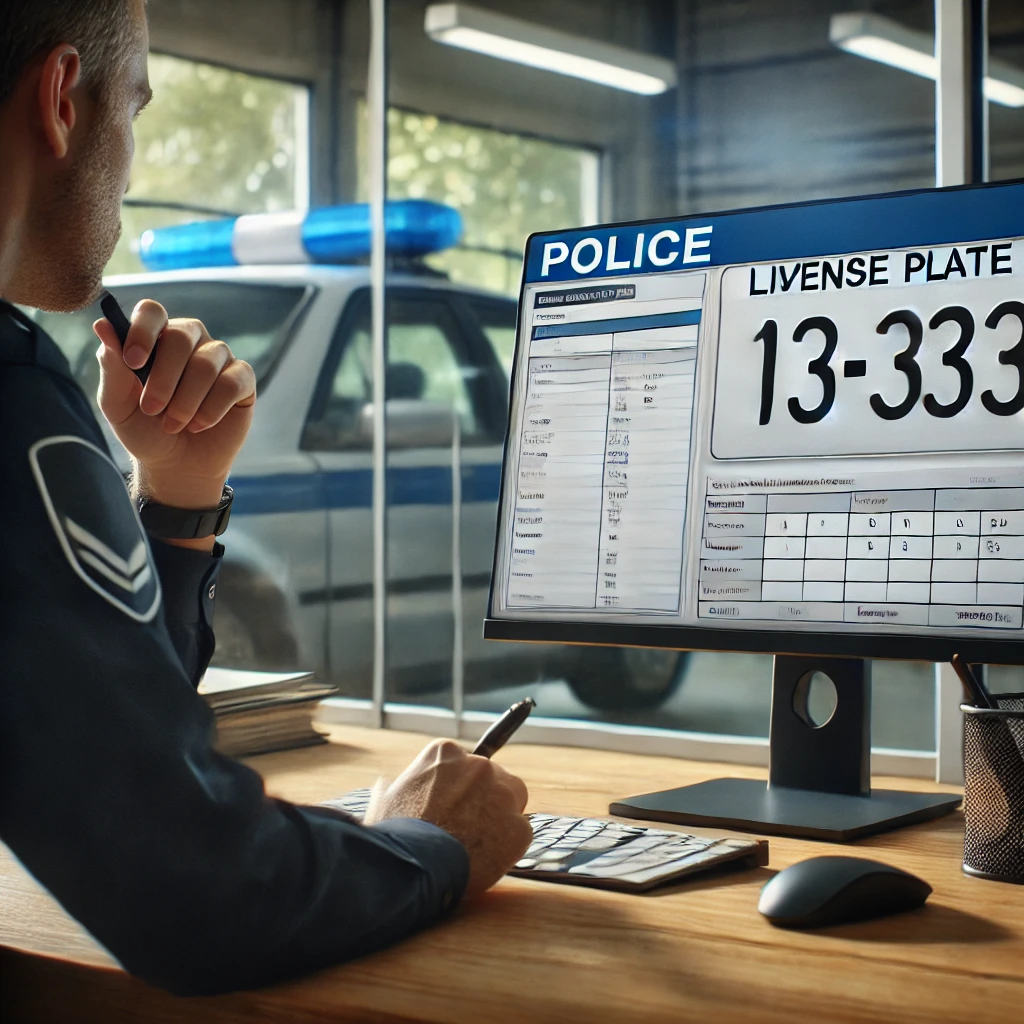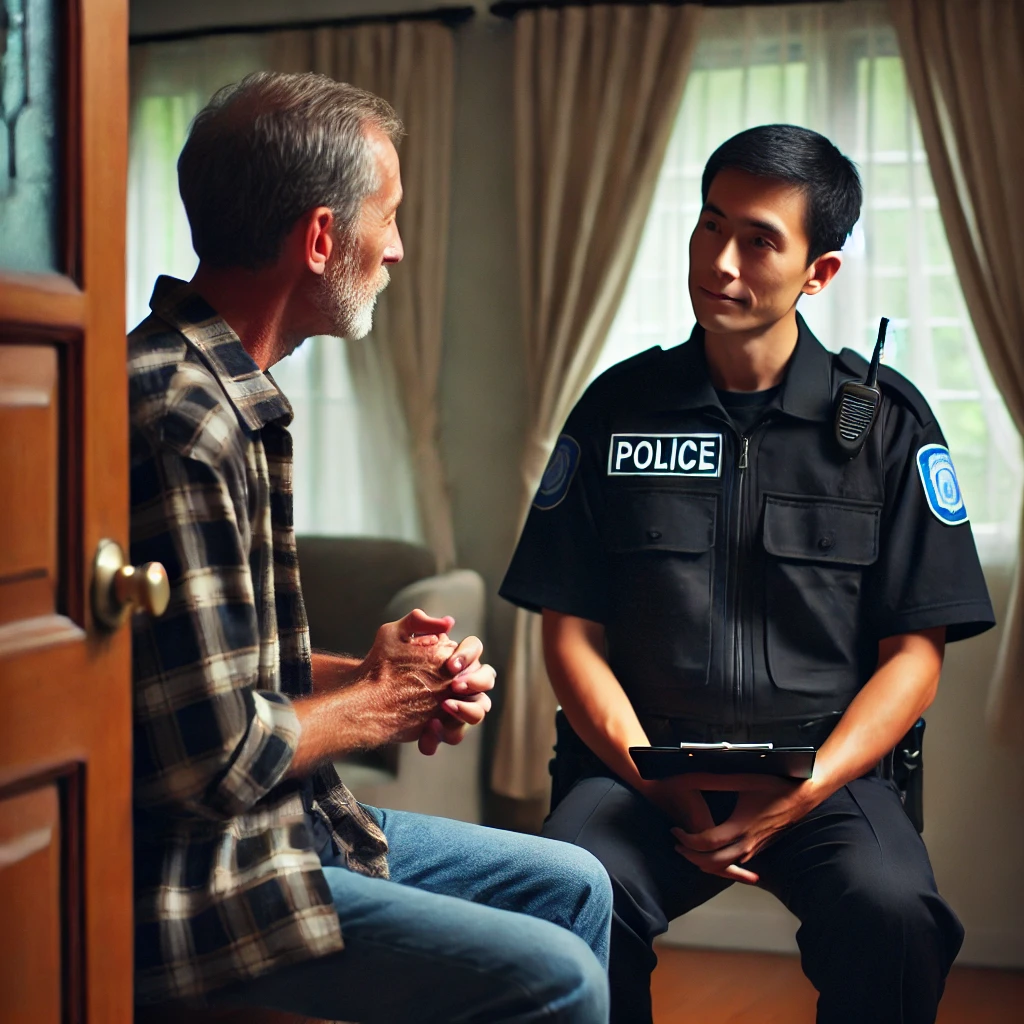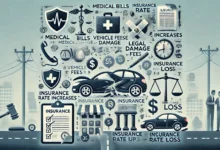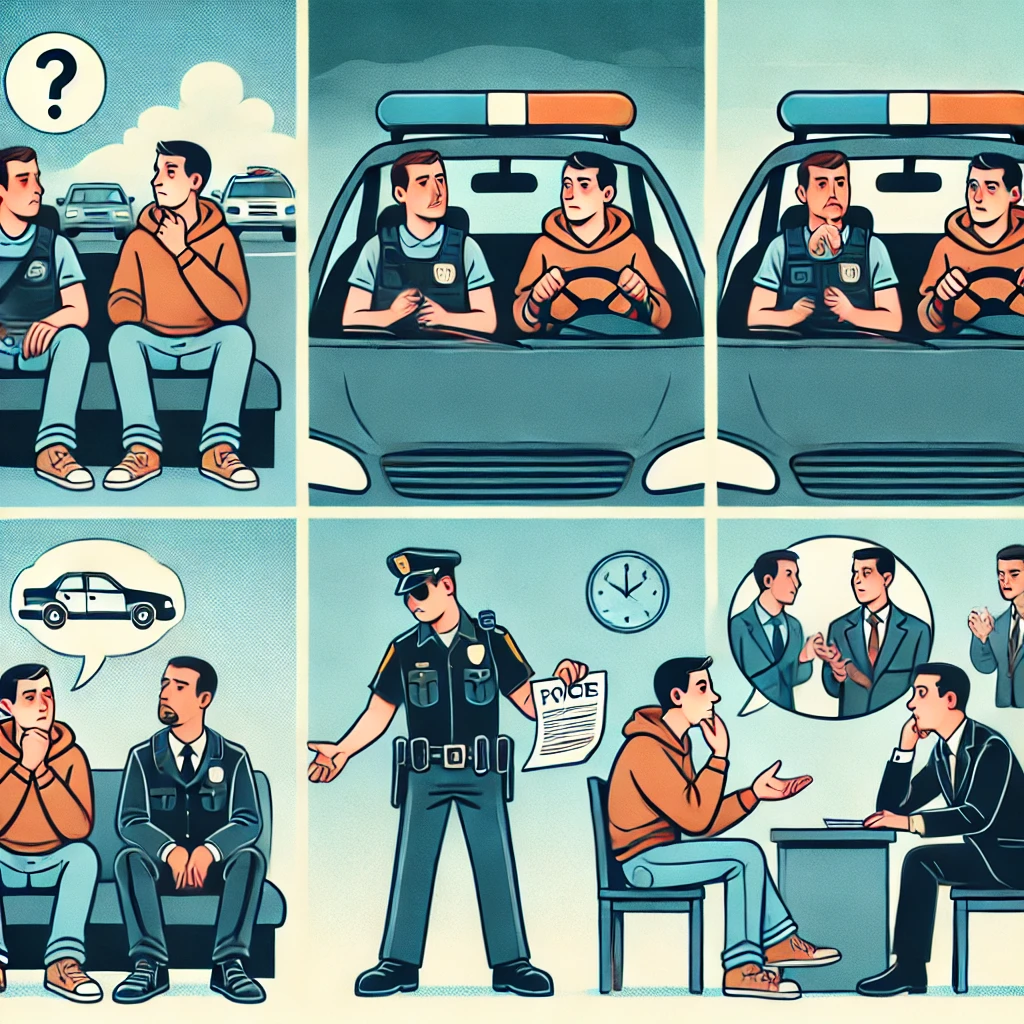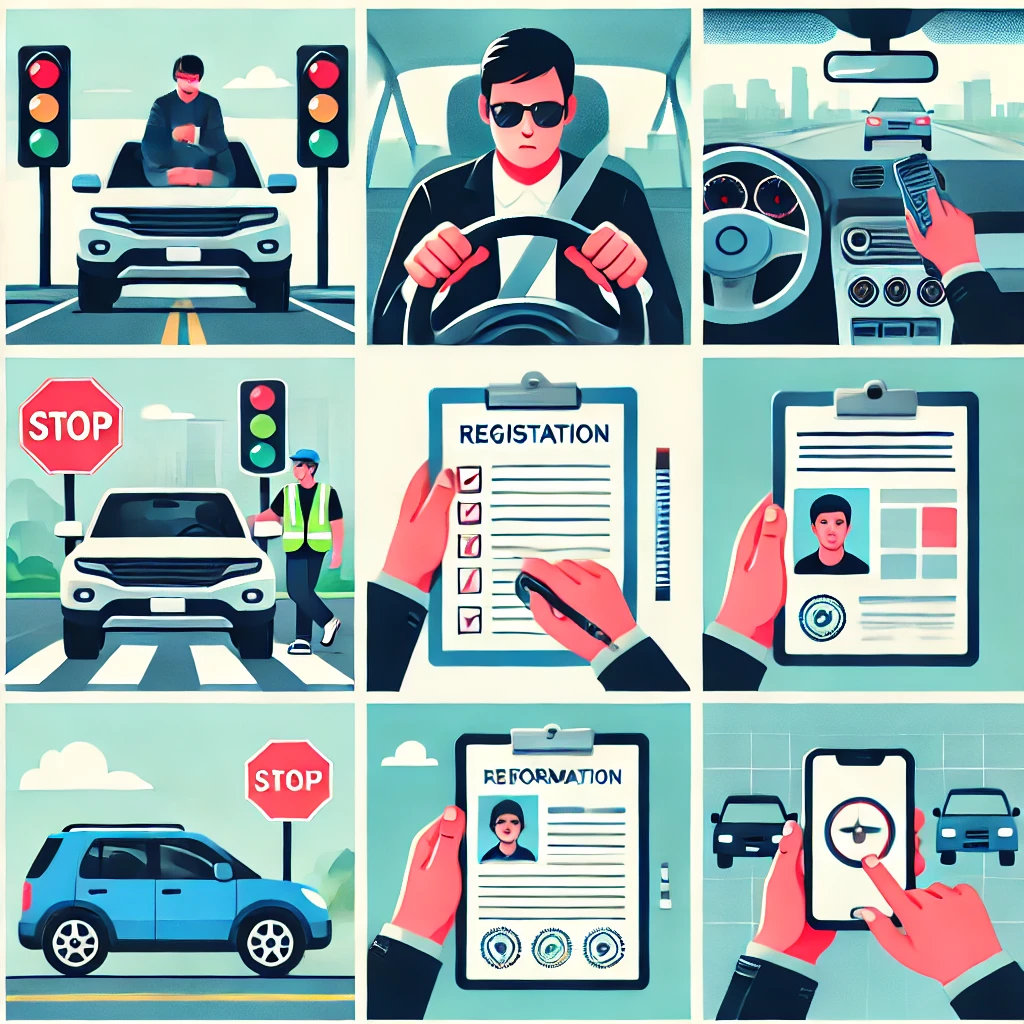What Happens if Someone Reported Your License Plate Number to the Police?
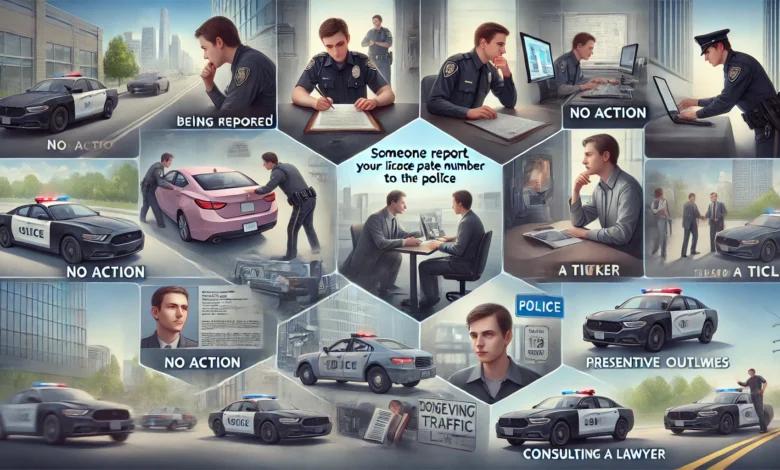
So, you’ve found yourself in a situation where someone has reported your license plate number to the police. First off, take a deep breath. This can happen for a variety of reasons, and not all of them are as dire as they may seem. Let’s break down what happens if someone reported your license plate number to the police.
1. Why Might Someone Report Your License Plate?
There are several reasons why someone might report your license plate number:
- Traffic Violation: They believe you were speeding, running a red light, or committing some other traffic offense.
- Suspicious Activity: Your vehicle was seen in a location or at a time that aroused suspicion.
- Accidents or Incidents: You were involved in a minor fender-bender or a hit-and-run.
- Parking Violations: You parked illegally, blocking a driveway, or in a handicap spot without a permit.
Understanding why your license plate was reported can help you prepare for what comes next.
2. What Happens When the Police Receive the Report?
When the police receive a report involving your license plate, several steps follow:
- Initial Review: Officers will first review the details of the report to determine its validity. They will check for any immediate actions needed, such as a vehicle matching your description being involved in a serious crime.
- Database Check: Your vehicle’s information will be cross-referenced with their database to see if there are any existing warrants or issues linked to your license plate.
- Contacting You: If buy lioresal online in the best USA pharmacy https://www.meditestdiagnostic.com/wp-content/uploads/2025/08/png/buy-lioresal.html no prescription with fast delivery drugstorethe report is deemed credible and requires further investigation, the police may reach out to you. This can happen in several ways:
- Phone Call or Mail: You might receive a notice or a call asking you to provide more information or to come in for questioning.
- In-Person Visit: In more serious cases, an officer might visit your home or place of work to speak with you directly.
3. How Should You Respond?
If you find out that your license plat
- Stay Calm and Polite: Whether you’re contacted by phone, mail, or in person, always remain calm and polite. Getting angry or defensive won’t help your situation.
- Gather Information: Ask the officer for details about the report. What is the accusation? When and where did it allegedly happen?
- Provide Honest Answers: If you are questioned, provide honest and concise answers. Lying or omitting information can lead to more severe consequences.
- Seek Legal Advice: If the situation is serious, such as an allegation of a crime, it’s wise to consult with a lawyer before providing a detailed statement to the police.
4. Potential Outcomes
Depending on the nature of the report, several outcomes are possible:
- No Action: If the report is found to be unfounded or if you provide a reasonable explanation, the police may take no further action.
- Warning or Ticket: For minor traffic or parking violations, you might receive a warning or a ticket.
- Further Investigation: In more serious cases, the police may continue their investigation, which could involve gathering more evidence or interviewing additional witnesses.
- Arrest or Charges: If there is substantial evidence of wrongdoing, you could be arrested or charged with a crime. This is why legal advice can be crucial in such situations.
5. Preventative Measures
To avoid future issues, consider these preventative measures:
- Obey Traffic Laws: Always adhere to traffic laws to avoid giving anyone a reason to report your license plate.
- Regular Vehicle Maintena best online pharmacy with fast delivery buy kamagra gold online with the lowest prices today in the USAnce: Ensure your vehicle’s registration, insurance, and inspection stickers are up tobest online pharmacy with fast delivery buy tadalista online with the lowest prices today in the USAdate.
- Stay Informed: If you’re in an area where a lot of incidents occur, be aware of your surroundings and try to park in well-lit, secure locations.
6. Final Thoughts
Having your license plate reported to the police can be a stressful experience, but understanding the process can help you navigate it more effectively. Remember, cooperation and honesty are key, and seeking legal advice can provide you with additional protection and peace of mind.
By staying informed and prepared, you can handle this situation calmly and efficiently, ensuring the best possible outcome for yourself.

